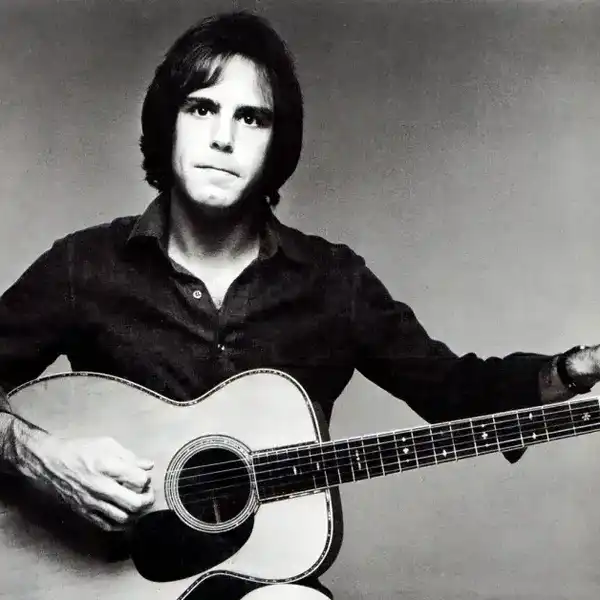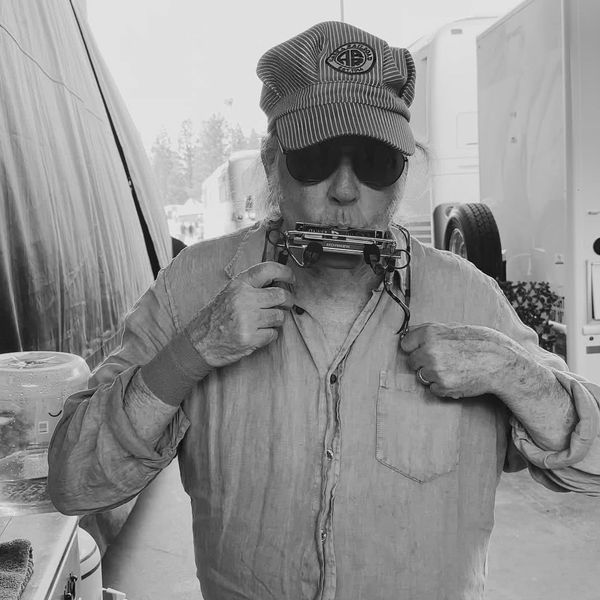
By David Farrell
Facebook Canada head warns news posts could be blocked as last resort
Ottawa is working on a three-pronged response to the challenges that social media platforms and other online content providers pose to how media in Canada has been financed, regulated and policed in the past.
Part of that solution is a bill currently before the House of Commons to modernize the broadcasting regime in a way that could force internet steaming sites like Netflix and Spotify to make Canadian content more discoverable and to cough up financial contributions to bolster Canadian creators and producers. – The Canadian Press
New rules proposed to bar authoritarian states from broadcasting human-rights violations in Canada
The federal Conservatives are proposing changes to the Broadcasting Act that could bar foreign state-controlled TV networks from Canadian channels in the wake of complaints that two Chinese government media networks aired forced confessions in Canada.
The suggested amendments are being tabled as the minority Liberal government tries to win support from opposition parties for its own revisions to the Broadcasting Act. – Steve Chase, The Globe and Mail
Freeland plays down calls to invoke Emergencies Act, urges cooperation to quell third wave of Covid-19
NDP Leader Jagmeet Singh's call for the federal government to invoke the Emergencies Act and take control of provincial responses to a third wave of the pandemic is earning a cool reaction from federal Liberals.
The Emergencies Act gives the prime minister sweeping powers to respond to an urgent or critical situation, overriding the provinces and territories in areas that normally fall under their jurisdiction. At the beginning of the pandemic last year, Deputy PM Chrystia Freeland described it as a "measure of last resort." – CBC, The Current
FP Newspapers reports year-end 2020 results
FPLP's revenue for the year ended December 31, 2020 was $53.4 million, a decrease of $10.4 million or 16.3% from the prior year. Print advertising revenues for the year ended December 31, 2020 were lower by $8.8 million or 26.5% compared to last year. FPLP's largest print advertising revenue category, display advertising including colour, was $11.7 million, a decrease of $5.5 million or 31.7% from the prior year, primarily due to the business closures due to the Covid-19 pandemic. Classified advertising revenues for the 2020 year decreased by $0.4 million or 6.4% compared to last year, with decreases in the real estate and employment categories, partly offset by increases in obituaries. Flyer distribution revenues were $7.5 million, a decrease of $3.0 million or 28.6% from 2019, once again, primarily due the business closures as a result of Covid-19.
FP Newspapers assets include the Winnipeg Free Press, Brandon Sun as well as the Canstar Community News division, the publisher of eight community and special interest newspapers in the Winnipeg region and The Carillon in Steinbach with its related commercial printing operations. – Street Insider
Over 100 US newspapers sue Facebook, Google over 'unlawful' digital ad monopoly
Google and Facebook are facing a backlash in the US as publishers of 125 newspapers across 11 states have filed or announced lawsuits against the IT giants for "unlawfully monopolising" the digital advertising market, according to a report.
US-based magazine editorandpublisher.com reported that the publishers have alleged that Google and Facebook are also involved in a secret deal, called "Jedi Blue", to thwart competition. – Times of India
Daily Mail owner files antitrust suit against Google over digital ad market power
The parent company of the Daily Mail is suing Google over allegations that the Silicon Valley giant has illegally maintained a monopoly in the digital ad space that has hurt the newspaper’s ad-supported business model, according to a complaint filed Tuesday in Manhattan federal court.
The newspaper hit Google over its market power in the digital ad space, and accused the search giant of using its power to “punish publishers that do not submit to its practices. – Rebecca Klar, The Hill

















